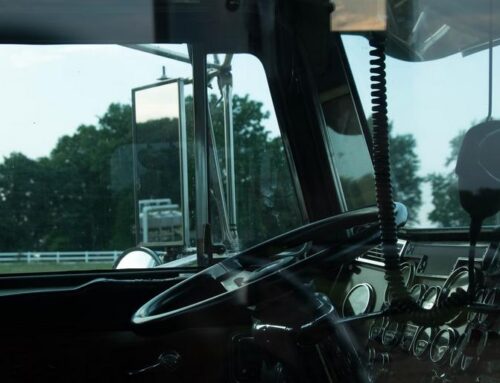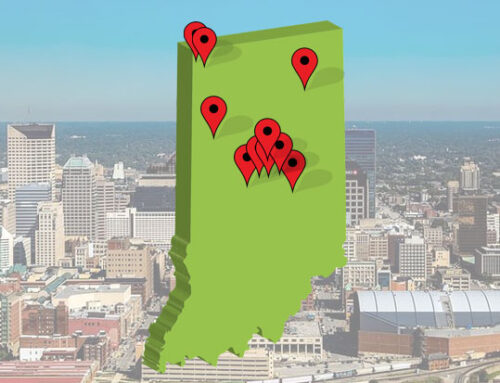The Court of Appeals of Indiana recently decided South Shore Baseball v. Juanita DeJesus, an interesting case where the plaintiff was unfortunately hit in the face by a baseball. She was at a baseball game with her fiancé and two friends.
As a baseball fan, the plaintiff was aware of the risk of foul balls entering the stands. She also knew about the many warnings provided by the defendants regarding the risk of objects leaving the field. These warnings were found on tickets and signs and even announced before the game, and they all discussed the risk of batted balls entering the stands and absolved the defendants of all liability. Despite all of the warnings, the plaintiff still got hit in the face by a pop-up foul ball from the second batter. She suffered serious injuries, including blindness in her left eye and several fractured bones in her face. She then filed a lawsuit against the defendant stadium operators, alleging premises liability and negligence.
First, the plaintiff’s attorney argued that the defendants should be held responsible under a theory of premises liability. Premises liability means that a landowner owes a duty to an invitee or social guest “a duty to exercise reasonable care for his protection while he is on the landowner’s premises.” In order to win on such a claim, the plaintiff’s attorney is obligated to prove these three elements. As the court stated:
A possessor of land is subject to liability for physical harm caused to his invitees by a condition on the land if, but only if, he (a) knows or by the exercise of reasonable care would discover the condition, and should realize that it involves an unreasonable risk of harm to such invitees, and (b) should expect that they will not discover or realize the danger, or will fail to protect themselves against it, and (c) fails to exercise reasonable care to protect them against the danger.
The court also specified that this test is objective – it does not depend on what the plaintiff subjectively experienced. The defendants responded with two arguments: (1) the facts do not show that they should have expected the plaintiff to be unaware of the danger or fail to protect herself from that danger, and (2) foul balls do not constitute an unreasonable risk of harm. The court agreed with both arguments. First, the court concluded that people attending the game would realize the risks of being hit by a foul ball and take precautions, given the warnings on the tickets, signs, and in the announcement. Second, the court determined that the risk of being hit by a foul ball was not an unreasonable harm, because it is common knowledge that foul balls fly into the stands. The court also noted that some people even seek out that risk by trying to catch the ball. Ultimately, because the plaintiff could not prove the first two elements, her premises liability claim failed.
The plaintiff’s lawsuit also contended that the defendants should be liable under a general negligence theory. More specifically, the plaintiff argued that the defendants were negligent in failing to install continuous protective screening from first to third base. The court, however, disagreed, adopting the majority rule on the issue and stating that operators of a baseball stadium have only a limited duty to provide protective screening in the area behind the home plate where the danger is the greatest. In addition, management does not have to provide protected seats for everyone who requests them; they only have to be able to accommodate as many people as would reasonably be expected to request those seats in ordinary conditions. The court also pointed out that no jurisdiction would impose the plaintiff’s proposed rule for screenings. Because the defendants placed screening behind the home plate, and the plaintiff had no evidence showing that the number of protected seats was insufficient for regular demand, the court ruled in favor of the defendants on this issue as well.
In summary, the court rejected both arguments made by the plaintiff. Although she did not succeed in her claims, we can take away a few important messages Indiana personal injury lawyers can pull from this case. First, owners of not only stadiums but other property are responsible for the safety of their guests under certain circumstances. Second, specifically with regards to baseball stadiums, operators have no duty to construct continuous protective screening beyond what is required behind the home plate.
But most lawyers think the general rule is simply that a fan who gets hit by a foul ball cannot recover. This is just plain wrong, as the Idaho Supreme Court reminded us just last week.
You can find the court’s opinion here.





